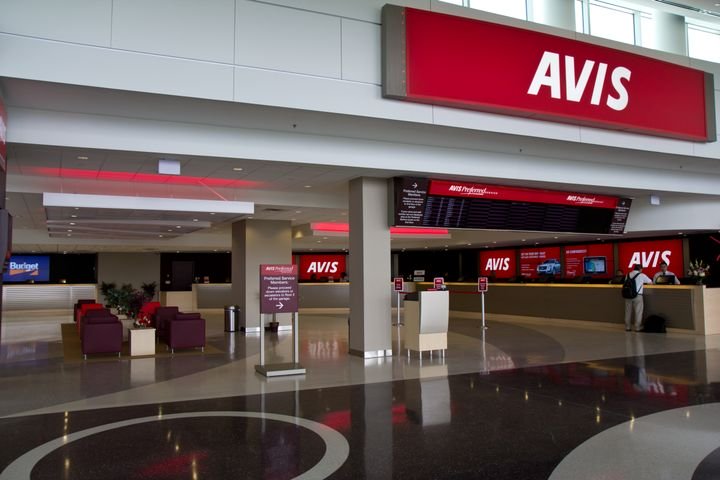
Global utilization bounced back from the shocking abandonment of travel early in the pandemic, with Avis finishing June at 50% utilization globally.
Photo via Atomic Taco/Flickr.
In its second quarter 2020 financial results announced today, Avis Budget Group avoided the typical headline that trumpets record revenue. In a nod to these extraordinary times, it chose one that announces how much it saved: “Avis Budget Group Removes over $1 Billion in Expenses in Second Quarter to Mitigate Impacts of COVID-19.”
As international and domestic travel continues to stagnate and the world braces for a “second wave” of COVID-19 cases, there was little on the revenues side to crow about: Avis Budget Group reported a net loss of $481 million and an adjusted net loss of $388 million, while total revenues were down 67% year-over-year.
However, the company’s “cost removal actions” were massive, and are ongoing: Avis removed more than $2.5 billion of annualized costs compared to the initial $400 million it announced in late March. Second quarter expenses were 47% lower than prior year, as the company removed over $1 billion of costs.
Those actions reaped some benefits. While revenue was down 78% in April, Avis finished June down 59% from the prior year. As expected, revenue improvement has been more robust in off-airport locations. Avis reports off-airport revenues are “close to pre-pandemic levels.”
While adjusted EBITDA for the quarter was a loss of $382 million, it sequentially improved each month as Avis right sized its fleet. The quarter culminated with an adjusted EBITDA loss of $28 million for June, though adjusted EBITDA for the Americas segment was positive $3 million.
Avis’s second quarter cash burn was $580 million, an improvement of $320 million to prior estimates, “due to continued vigilance around expense control and stronger than anticipated vehicle fleet disposals.” Liquidity at the end of the quarter was $1.5 billion.
The surprising buoyancy of the used car market drove much of the gains. Avis disposed of more than 100,000 vehicles and cancelled over 185,000 incoming vehicle orders around the world in the quarter, with June ending fleet down 26% year-over-year.
In fact, Avis sold 30% more fleet in June in the U.S. than it did in June 2019 and its ending fleet for the quarter was down 26% year-over-year.
Global utilization bounced back from the shocking abandonment of travel early in the pandemic, with Avis finishing June at 50% utilization globally. Per-unit fleet costs were $221 per month, a 17% reduction year-over-year.
Avis reduced its total global headcount by 60% compared to pre-pandemic. For those employees remaining, Avis reduced compensation for senior leadership, froze merit increases, eliminated the 401(k) match for highly compensated employees, and suspended hiring.
Avis anticipates that sequential improvement to moderate in the third quarter but anticipates utilization will continue to improve as fleet is matched with demand.
“Since the beginning of April, we have seen consistent sequential week-over-week increases in rental volume, with both the Americas and International having their best volume to date last week due to increased leisure activity,” said Joe Ferraro, Avis Budget Group’s newly appointed CEO. “Coupled with the significant reduction of vehicles as we right size our fleet to current demand, we anticipate both positive cash flow and Adjusted EBITDA for the remainder of 2020.”
